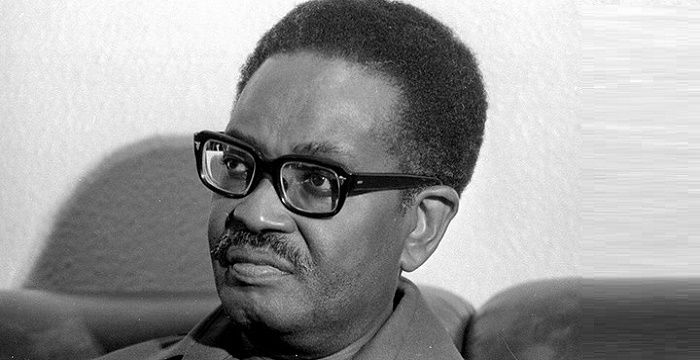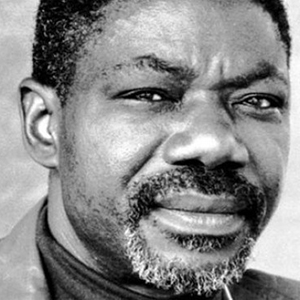It is barely daylight in northern California where I am visiting family members and the first thing I stumble on is the heart-rending news of the passing into eternity of one of Anglophone Cameroon’s most articulate political writers, Professor Tazoacha Asonganyi. The day is July 03, 2016. This is all the more shocking as I was not even aware that he was ill.
I must admit that I was not that close to Professor Asonganyi but, like many Cameroonians, I was an avid reader of just about everything he wrote on the political situation in our dear Triangle. To say that he wrote extensively is an understatement. He was prolific in his output and I was particularly drawn to the simplicity of his style. I am an unrepentant disciple of simple, clear, straightforward, concise writing, which I find lamentably lacking, especially in the Cameroonian written and audiovisual media. He embodied the simplicity I have been yearning for but finding sorrowfully so little of, especially in English-speaking media in Cameroon. In fact, I have preached this gospel of simplicity in writing for so long that the little hair on my head turned all white and has now totally dropped off – but, unfortunately, with very meager results.
My contacts with Professor Asonganyi are relatively recent. I remember one day receiving an unexpected call from him at the tail-end of 2013. It was all the more unexpected as I did not even think he knew me. It’ is true he and I had rubbed shoulders at a few events in Bamenda or Buea, mainly during those sad, turbulent years of incipient multi-party democracy in Cameroon. Those were years of ‘ghost towns’ that nearly crippled economic activities in our country. They were accompanied by unbridled violence that left blood from baton-battered heads and bullet-punctured ribs sizzling on pavements all over our land. Those were days of dreams we had of seeing changes come our country; hopes that budded too prematurely, perhaps, and were easily crushed by an intolerant force of repression. Hopes that flashed like meteors across the skies of our dreams only to crash-land into the abyss, leaving lovers of change in our country panting for breath. No one, to my knowledge, has expressed our collective lamentation over our crushed dreams better than Professor Asonganyi, to whom I posthumously doff off my hat of grief.
Back to the phone call. I remember picking up the phone and hearing his voice at the other end. I immediately knew who it was, especially as I had been following him on several radio and television talk shows and interviews. He must have sensed the surprise in my voice for he immediately gave me the reason for his call. There was an opening at the United Nations office in Bangui for a translator and an interpreter and he could think of no one else but me, he said. A friend had asked him to look for someone and the need was rather pressing. “Can I call my friend and tell him you are on your way to Bangui? I have your air-ticket with me here in Yaounde,” he said.
I must admit I was taken completely aback by his job offer. I was flattered that he thought of me, someone he barely knew, except through my writings. I told him I would think about the possibility of “dropping anchor” in the turbulent sea of flying bullets and mayhem that then ruled the dust-covered streets of Bangui, the Central African capital. But since martyrdom has never been high on the list of my preferences, I asked him to give me time to reflect on it and that I would be getting back to him soon.
My wife nearly had a heart attack when I mentioned the job offer to her and she even thought I had already accepted it and was now happily preparing my suitcase for Bangui. “If you go over there and come back alive, you will find no one in this house to welcome you back!” was her fierce response.
I quickly called him back to tell him that divorce was staring me in the face and that his job offer was the culprit. I then thanked him but said I could not accept it. I sensed a feeling of disappointment in his voice but quickly assured him that if another offer for a more favourable clime again fell on his lap, I would certainly give it a more vigorous head nod.
A few after our phone exchanges, we met at a book launch event in Buea and chatted a little longer. He talked of his own book projects and I encouraged him to put together all that he was writing in a book form, and he said he too was thinking of it.
A year or so later, he invited me to review his book, “Cameroon: Difficult Choices in a Failed Democracy” in Douala – which I happily did. To think that Professor Asonganyi’s pen has been silenced forever is very sad, to put it mildly. May his family find in this simple tribute a deep expression of my condolences.

